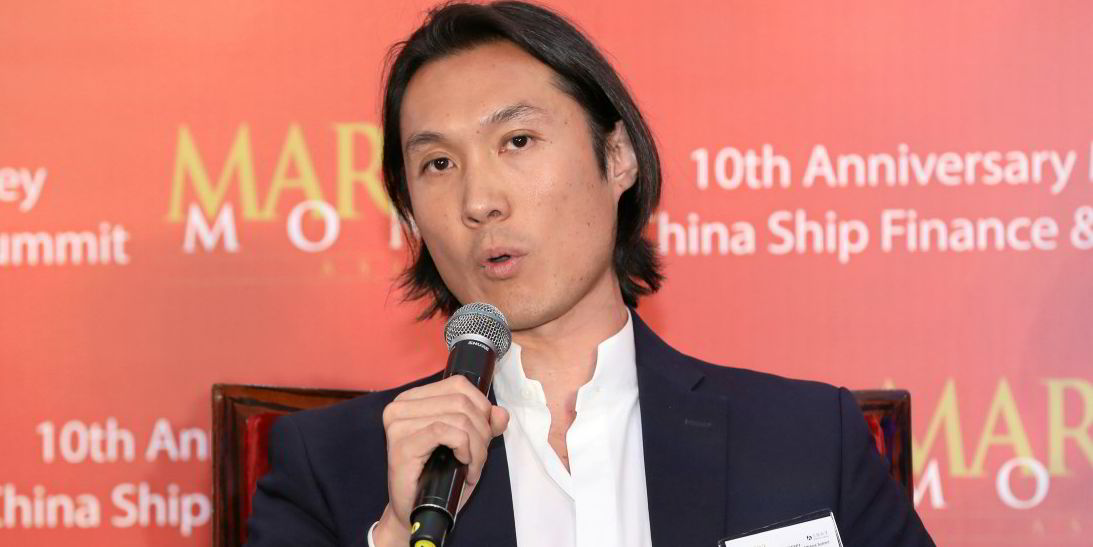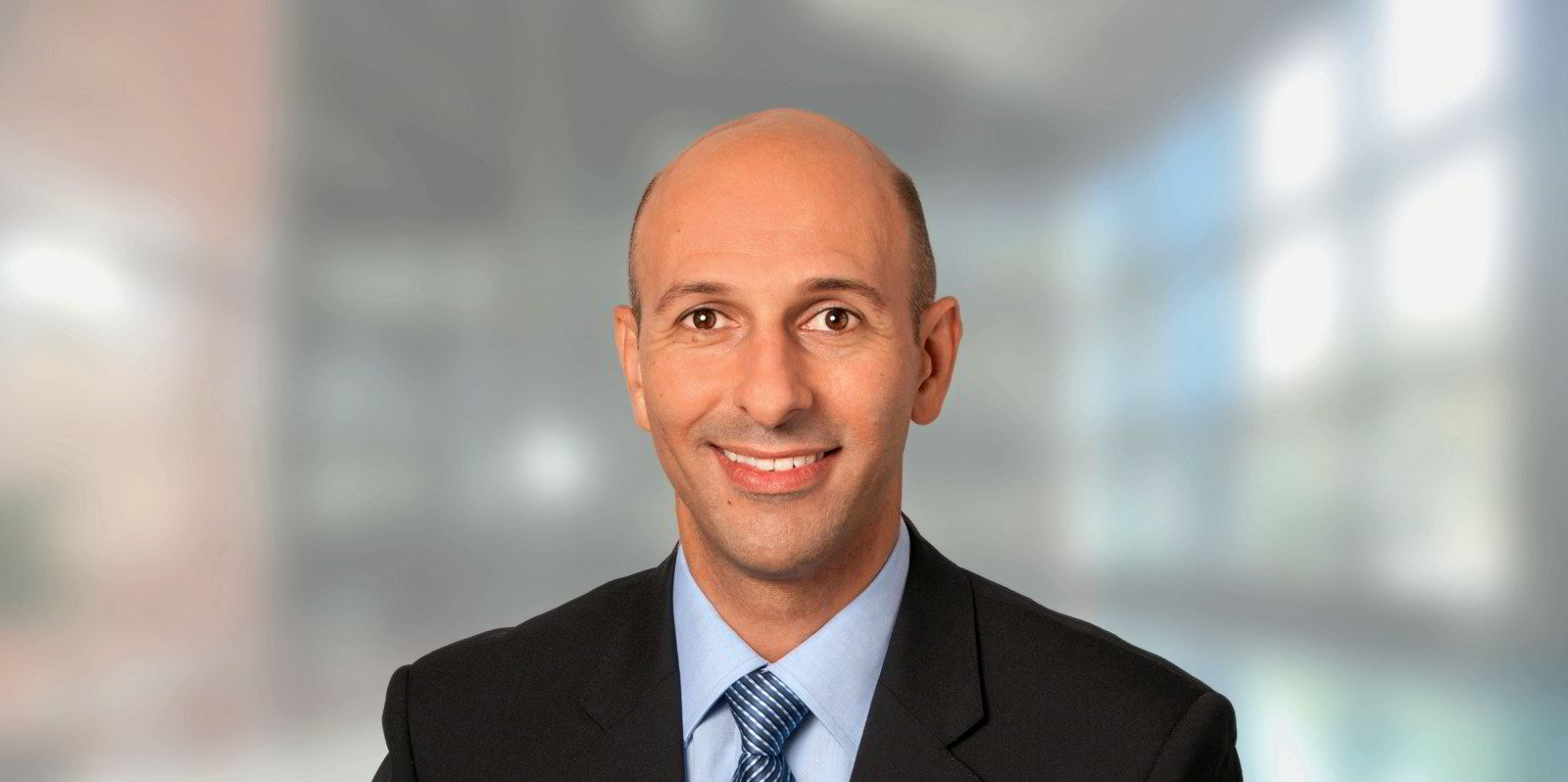Hong Kong shipowner Wah Kwong Maritime Transport Holdings has set up a sustainability investment office in London as part of its decarbonisation drive.
The operator of tankers, gas carriers and bulkers has already made new investments in offshore wind and artificial intelligence, with more promised.
The idea of the London base is to be closer to the latest technologies, Wah Kwong chairman Hing Chao told Forbes, adding that a lot of the technology will come from Europe, but manufacturing capacity is centred in Asia — particularly China.
Wah Kwong has already pumped an undisclosed amount of money into Gazelle Wind Power, an Irish start-up developing floating offshore wind turbines.
Chao revealed that this was the first investment in the renewables sector.
“Whether it’s ammonia or methanol, if it’s green, it will derive from hydrogen, and hydrogen will be produced most effectively by the sea,” he said.
“We strongly believe that having a good, sustainable offshore wind system will become the key to unlocking future marine fuel.”
The group is also looking to use AI to boost vessel efficiency and cut emissions.
Wah Kwong has formed a strategic partnership with Shenzhen-based AI newcomer ZhenDui Industry Artificial Intelligence, backed by Chinese state shipbuilder CSSC.
Smart company
Chao said AI is already being applied to ship management.
“We are hoping to become one of the first truly smart ship management and shipping companies in the world,” he said.
More such investments are planned.
Wah Kwong manages a fleet of 79 vessels, including VLCCs, LPG carriers and capesizes.
It owns or charters 37 ships itself.
Chao is aiming to diversify the client base and the class of ships it manages.
In August, Wah Kwong entered the LNG sector in a deal with CSSC (Hong Kong) Shipping Co and China Gas Holdings.
The partners signed orders for up to four 175,000-cbm LNG carrier newbuildings at Dalian Shipbuilding Industry Co for delivery in 2027.
The vessels will be fitted with WinGD LNG dual-fuel engines, onboard reliquefaction and Mark III Flex membrane-type cargo containment systems.




